detail profile nh c6 b0 qu e1 bb b3nh

Như Quỳnh
NSND Như Quỳnh
atau dikenal sebagai
Riwayat Hidup
Nguyễn Như Quỳnh (born in 1954, known as Như Quỳnh) is a Vietnamese actress and People's Artist (NSND).
She is also known as an amateur poet.
She graduated in 1971 from the Vietnam Theatre School, today the University of Theatre and Film, Hanoi (SKDA).
Two years later, she acted as one of the two female leads in her first film, Bài ca ra trận ("The Song of Battle", d.
Trần Đắc, 1973).
Then with her role as Nết in Đến hẹn lại lên ("We'll Be Seeing Us Again", d.
Trần Vũ, 1974), Như Quỳnh won the Best Actress Award at the 3rd Vietnam Film Festival in 1975.
Her roles in a series of French co-productions, Indochine (1992), Cyclo (1995) and Vertical Ray of the Sun (2000) introduced her to a foreign audience.
Info Pribadi
Peran Yang Di Mainkan Như Quỳnh
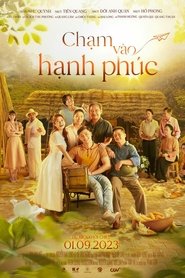 The story is a miniature society...
The story is a miniature society...Touch Happiness 2023
The story is a miniature society with views on love and life values. Let the characters exclaim that "When it comes to love, any age is foolish." Hidden deep in the love story and family values is the ideological struggle and the lessons of the times.
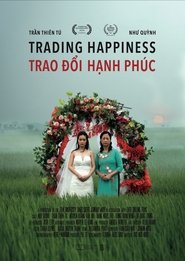 The Vietnamese Nghi has a bad...
The Vietnamese Nghi has a bad...Trading Happiness 2020
The Vietnamese Nghi has a bad feeling as she sees the foreign Chinese groom for the first time on the day of her daughter’s wedding. Nghi and Phuong decided that the 17 years old should get married to relieve the family of their debts. But then, the bride disappears after the ceremony and the mother faces the decision what she is ready to give for her family's happiness.
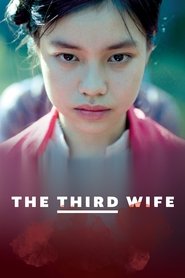 Though only 14 years old May is...
Though only 14 years old May is...The Third Wife 2019
Though only 14 years old, May is selected to be the third wife of a wealthy landowner. Her new home seems idyllic, her husband favours her, and she quickly becomes pregnant with what she is certain will be the desired male progeny. But trouble is quietly brewing: she witnesses a forbidden tryst that will spark a chain reaction of misfortunes — and stir in May urges that until now had been dormant.
 A rags to riches story of...
A rags to riches story of...Rise 2014
A rags to riches story of unusual circumstance. 'Huong Ga - Rise' is the story of Dieu. Chronicling the highs and lows of Vietnam's most notorious female gangsters| this is a woman's journey as she breaks the glass ceiling in a man's word| albeit| a much darker and dangerous existence. Shaded by the influence and lessons of the men in her life: Nhan her childhood sweetheart| her great unrequited love; Hung fifty shades of empty but a great physical attraction; Tung the man of her dreams| husband| lover and friend; and Tan - the gentle man who promises a simpler life. Each of the men in her life contribute to Dieu's great success (and failures) as she climbs to the top of Vietnam's gangster underworld.
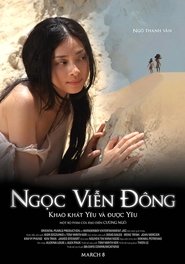 Seven stories about Vietnamese women spanning...
Seven stories about Vietnamese women spanning...Pearls of the Far East 2012
Seven stories about Vietnamese women spanning different generations, exploring their inner lives and forbidden loves.
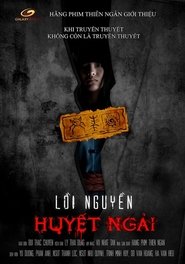 The film tells the scary haunting...
The film tells the scary haunting...Blood Curse 2012
The film tells the scary, haunting adventures of three medical university students who accidentally discover a species of wormwood that is made with human blood in an ancient wooden box containing a piece of withered tree and amulet. He placed it deep in a messy bookshelf in Professor Hoan Sinh's house. That is wormwood blood, a secret medicine of the Sang La people.
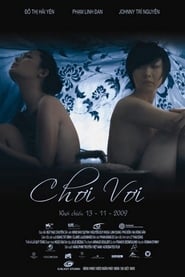 Soon after her wedding newlywed Duyens...
Soon after her wedding newlywed Duyens...Adrift 2009
Soon after her wedding, newlywed Duyen's excitement begins to fade as she realizes her young husband is not only naive but overly occupied by his job and doting mother. As her marriage goes unconsummated and her emotional isolation grows, she reaches out to her closest girlfriend, Cam, who secretly desires her, but pushes her into the arms of a dangerous and provocative suitor. The resulting infidelity puts Duyen in a precarious love triangle, challenging her notions of conventional relationships and also the stability of her new family.
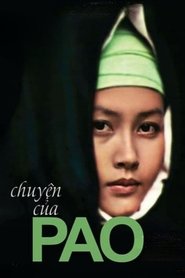 Set in a breathtaking primitive landscape...
Set in a breathtaking primitive landscape...Pao's Story 2006
Set in a breath-taking primitive landscape in the mountainous provinces of Vietnam, the film tells the story of a Hmong tribe girl named Pao. She was raised by her stepmother, for her real mother left her when she was little. One day, her stepmother dies in an accident, and she begins to track down her birth mother. But her journey turns out to disclose an unsealed sentimental drama of the family in the past.
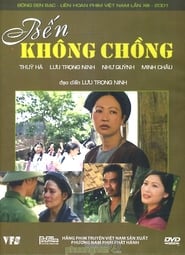 Based on a wellknown novel of...
Based on a wellknown novel of...Wharf of Widows 2001
Based on a well-known novel of the same title by author Duong Huong, “Wharf of Widows” reflects stories in the context of a rural Village called Dong – a typical North Vietnamese village with bamboo ramparts, communal house roofs, banyan trees and wharves. It was a time when the north hurried to build up the countryside and support the southern battlefield. The movie takes us back to the olden days of peaceful northern villages and women waiting for their men to return from the battlefield. The war robbed the village of healthy strong men leaving behind the women who waited at the water’s edge.
 Hanoi comes across almost pictureperfect in...
Hanoi comes across almost pictureperfect in...The Vertical Ray of the Sun 2000
Hanoi comes across almost picture-perfect in director Tran Anh Hung's beautiful, elegiac tale about the lives and loves of three Vietnamese sisters. A mood characteristic of Hung's films is set early on with the vivid sounds of birds, insects and water and the way the lighting enhances the subtle use of color. They all combine to gem-like effect here.
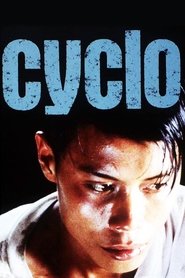 Follows a young cyclo driver on...
Follows a young cyclo driver on...Cyclo 1996
Follows a young cyclo driver on his poverty-driven descent into criminality in modern-day Ho Chi Minh City. The boy's struggles to scratch out a living for his two sisters and grandfather in the mean streets of the city lead to petty crime on behalf of a mysterious Madame from whom he rents his cyclo.
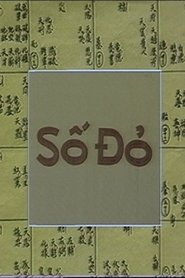 The sexually repressed widow Doan comes...
The sexually repressed widow Doan comes...Dumb Luck 1990
The sexually repressed widow Doan comes to play tennis in the court where sly, lewd orphan Xuan (nicknamed Red-haired Xuan for his sunburnt hair) is working as a ball boy. Their encounter that day would change Xuan's life forever, as the widow introduced him to an entirely different world of the hypocritical and decadent petite bourgeoisie class, a condition of "Westernized" middle-class Hanoians under French colonial rule in the 1920s. An 8-part series adapted from Vu Trong Phung's classic satire.
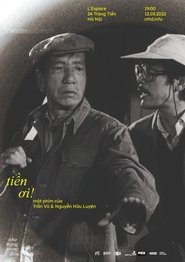 Returning to Vietnam after many years...
Returning to Vietnam after many years...Money, Money! 1989
Returning to Vietnam after many years of studying abroad, a doctorate in atomic force Thai Duong entered an unimaginable reality. Many funny situations took place in his family when he was pondering over choosing a job in a new environment. Thai Duong was tricked into losing money, and his father and brother Loc Ton performed a risky mission to earn money: buying liquidated bombs.
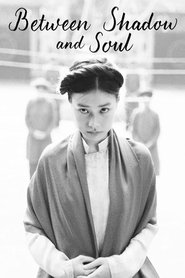 My a fourteen yearold girl is...
My a fourteen yearold girl is... Christina Noble overcomes the harsh difficulties...
Christina Noble overcomes the harsh difficulties...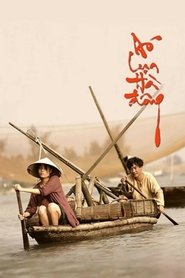 A family living in poverty faces...
A family living in poverty faces...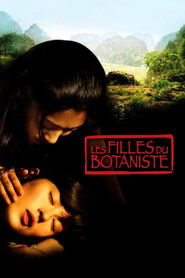 At the house of a famous...
At the house of a famous...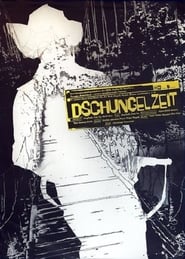 Defectors from Hitlers army join the...
Defectors from Hitlers army join the...